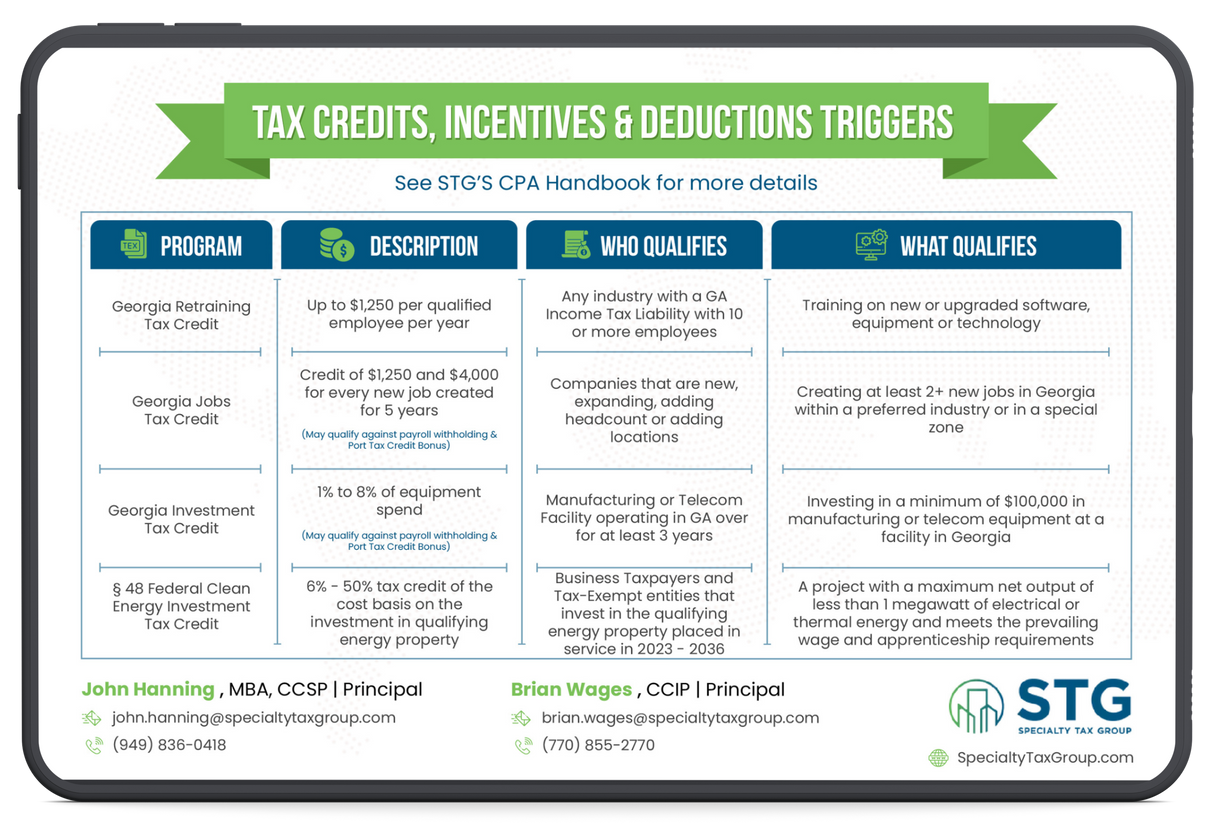This blog post has been researched, edited, and approved by John Hanning and Brian Wages. Join our newsletter below.
Newsletter Form

All companies need to pick a way to track money coming in and money going out. This helps when paying taxes. The way they pick is called an accounting method. It's a set of rules that every business has to follow when they report how much money they made and how much they spent.
The two main types of account methods companies can choose from are cash accounting and accrual accounting.
How to Pick an Accounting Method for Your Business
When using the cash accounting method, income and expenses are reported and deducted in the tax year they are received and paid. The income is reported once payment is received, and expenses are reported as soon as they are paid.
The accrual account method reports the income and expenses as they occur through sales and purchases. Most businesses using this accounting method use accounts receivable and accounts payable.
Choosing an accounting method for your business is made simple by the rules set in place by the IRS. For the most part, businesses can use whichever accounting method they would like. If certain requirements are met, particular circumstances can allow a business to use a hybrid accounting method of cash and accrual methods. A modified cash-basis accounting method blends the cash and accrual method. This works well for businesses that need to record short-term and long-term investments.
Can You Change Your Accounting Method?
As a business grows, the accounting method may need to change. Changing the accounting method of your business can help you better assess the tax health of your business and allow your tax strategy to be more effective. The change can provide you with a method that allows you to benefit from possible deductions and keep more cash in your pockets.
If you need to change your accounting method, you must receive approval through the IRS. Changes in accounting methods require completing Form 3115. You can change the overall accounting method or the accounting treatment of any particular item.
As of 2023, the gross receipts threshold for small businesses to use the cash method of accounting has been increased to $26 million for tax years beginning after December 31, 2019 and before January 1, 2021. This threshold is adjusted annually for inflation for subsequent tax years. Refer to the IRS website for the most current threshold.
The Inflation Reduction Act (IRA) of 2022 introduced an Investment Tax Credit for investments in clean energy property. Taxpayers can receive a credit between 6%-50% for investments in energy storage, microgrids, fuel cells, geothermal, combined heat and power, and more.
What Should You Do Next?
The IRS requires taxpayers to choose an accounting method that accurately reflects their income consistency from year to year. During an audit, the IRS will investigate a business’s accounting records and methods. Because of this, businesses need to choose the best accounting method that fits them, whether that is cash accounting, accrual accounting, or a hybrid approach. Our team at Specialty Tax Group can help determine the optimal accounting method for your business while ensuring compliance with the latest IRS regulations and guidelines as of December 2022. Contact us today and we can talk through which accounting method is best for your business.





